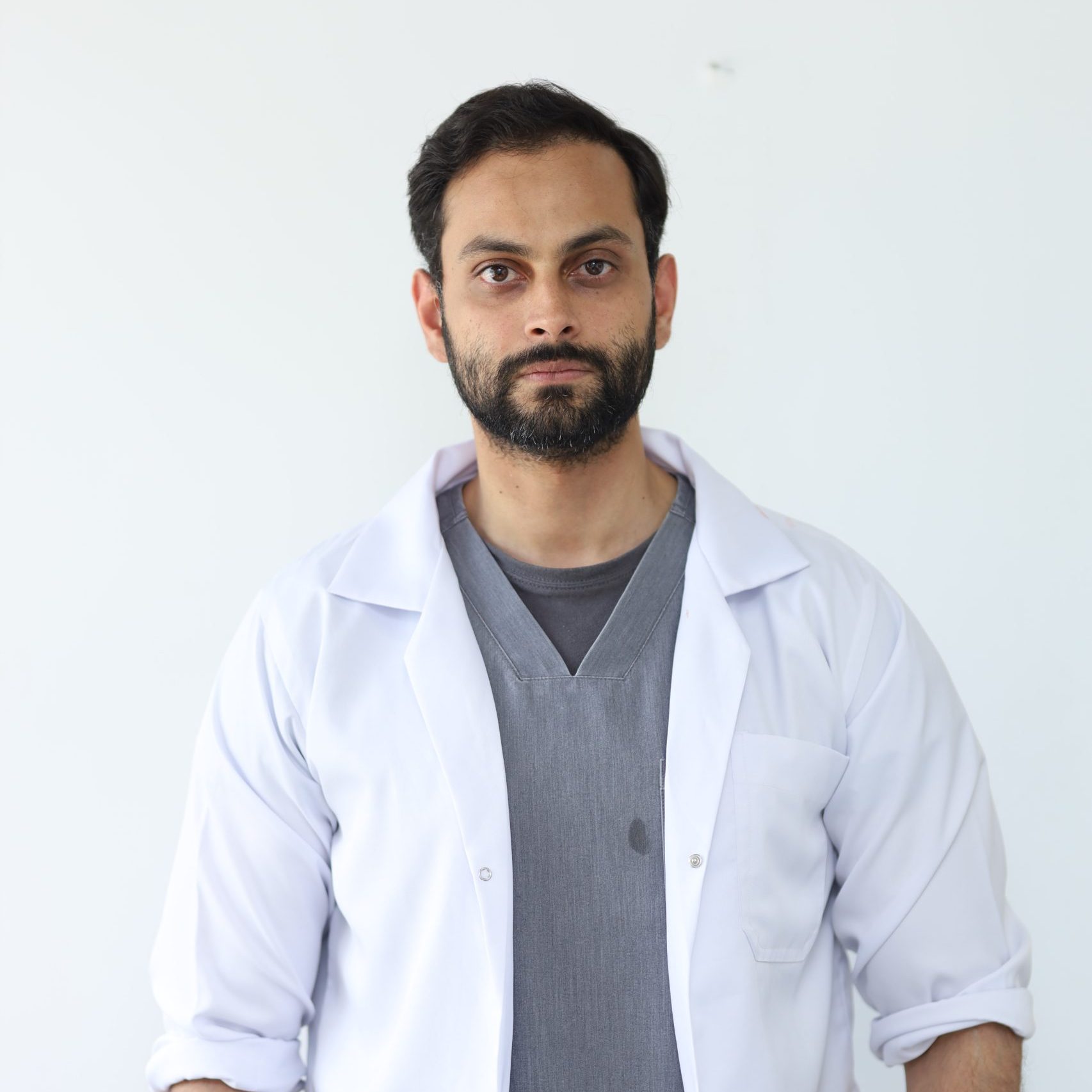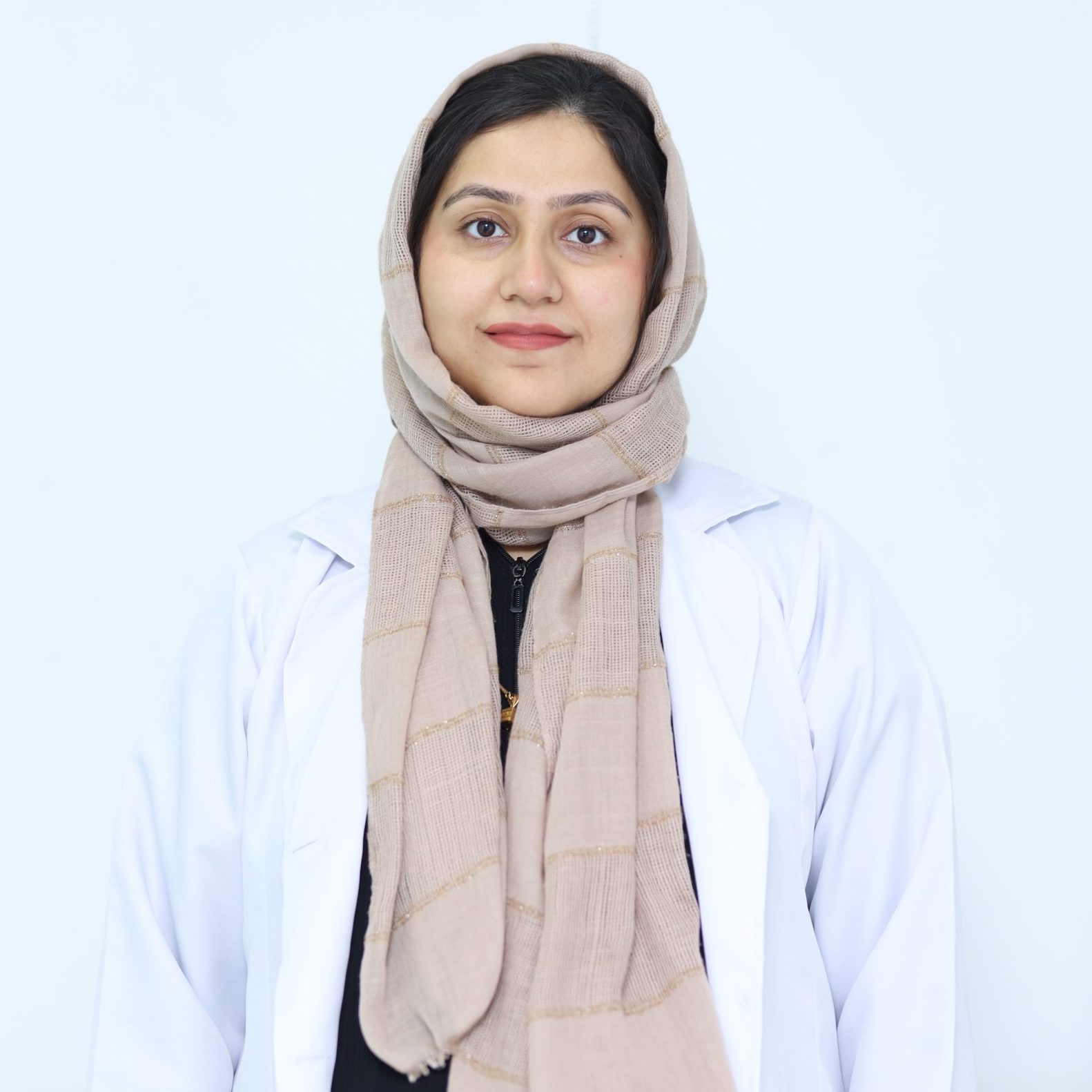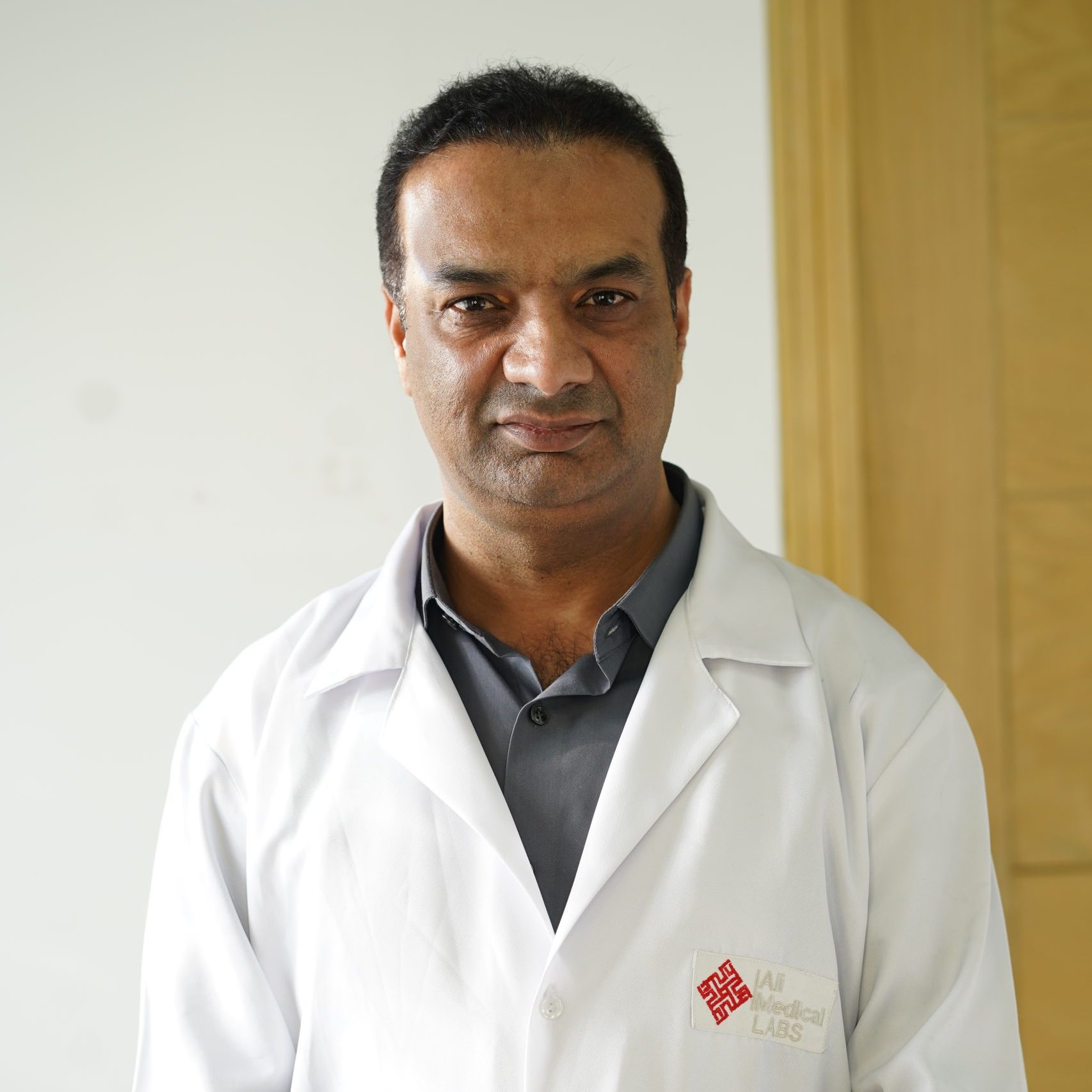The Ear, Nose, and Throat (ENT) Department at our hospital offers comprehensive care for conditions affecting the head and neck. Our team of ENT specialists provides expert diagnosis and treatment for disorders related to the ears, nose, throat, and associated structures. From routine examinations to advanced surgical procedures, we are dedicated to delivering compassionate and effective care to improve the health and well-being of our patients.
Services:
Our ENT (Ear, Nose, and Throat) services offer comprehensive care for disorders of the head and neck. We provide diagnosis and treatment for conditions such as
- Ear infections
- Sinusitis
- Allergies
- Tonsillitis
- Voice disorders
- Hearing loss
Our team of specialists performs procedures including;
- Cochlear Implant
- Septoplasty
- Rhinoplasty
- Tonsillectomy
- Vocal cord surgeries
- Nasal cosmetic procedures
We are committed to delivering high-quality care to improve the health and well-being of our patients.
Our Doctors
Dr. Syed Ansab Hasnain Naqvi
Consultant ENTDr. Nawal Khurshid Ahmed
Consultant ENTDr. Malik Jawad Faisal
Consultant ENTDr. Jawwad Ahmed
Consultant ENTDr. Jamshed Bin Saeed
Consultant ENTFAQs
What is Otolaryngology (ENT)?
Otolaryngology is a medical specialty that focuses on the diagnosis and treatment of conditions related to the ear, nose, throat, head, and neck. Otolaryngologists, commonly referred to as ENT specialists, are physicians who specialize in caring for patients with ENT disorders.
When should I see an ENT specialist?
You should consider seeing an ENT specialist if you experience symptoms such as hearing loss, ear pain, ringing in the ears (tinnitus), nasal congestion, sinus pain, sore throat, difficulty swallowing, voice changes, or if you have concerns about head and neck masses or lesions.
What conditions do ENT specialists treat?
ENT specialists diagnose and manage a wide range of conditions, including but not limited to:
Ear disorders (such as otitis media, hearing loss, tinnitus, vertigo)
Nasal and sinus disorders (such as sinusitis, nasal polyps, deviated septum)
Throat and voice disorders (such as tonsillitis, laryngitis, vocal cord nodules)
Head and neck tumors (such as thyroid nodules, salivary gland tumors, neck masses)
Sleep disorders (such as obstructive sleep apnea, snoring)
Allergies and allergic rhinitis
What happens during a visit to an ENT specialist?
During your visit, the ENT specialist will review your medical history, perform a physical examination, and may order diagnostic tests such as hearing tests, imaging studies (such as CT scans or MRI), or endoscopic procedures to evaluate your symptoms and identify any underlying conditions. Based on the findings, they will discuss treatment options and develop a management plan tailored to your needs.
Can ENT conditions be prevented?
While some ENT conditions may have genetic or other non-preventable causes, many can be prevented or minimized through lifestyle modifications and preventive measures. This includes practicing good ear hygiene, avoiding exposure to loud noises, managing allergies, avoiding tobacco smoke and pollutants, practicing proper vocal hygiene, and seeking prompt medical attention for symptoms or concerns.
What treatments are available for ENT conditions?
Treatment for ENT conditions depends on the specific condition and severity of symptoms. It may include medications (such as antibiotics, decongestants, corticosteroids), nasal irrigation, allergy management, surgical interventions (such as tympanoplasty, sinus surgery, tonsillectomy), voice therapy, or other therapies to manage symptoms and improve quality of life.
How can I maintain ear, nose, and throat health?
To maintain ear, nose, and throat health, it's important to adopt healthy lifestyle habits such as practicing good ear hygiene (avoiding Q-tip use), protecting your ears from loud noises, avoiding smoking and exposure to secondhand smoke, managing allergies, practicing proper vocal hygiene, staying hydrated, and seeking prompt medical attention for symptoms or concerns.
These FAQs provide general information about Otolaryngology (ENT) and common questions related to ear, nose, and throat health and disorders. If you have specific concerns or symptoms, it’s important to consult with a qualified ENT specialist for personalized evaluation and treatment.








